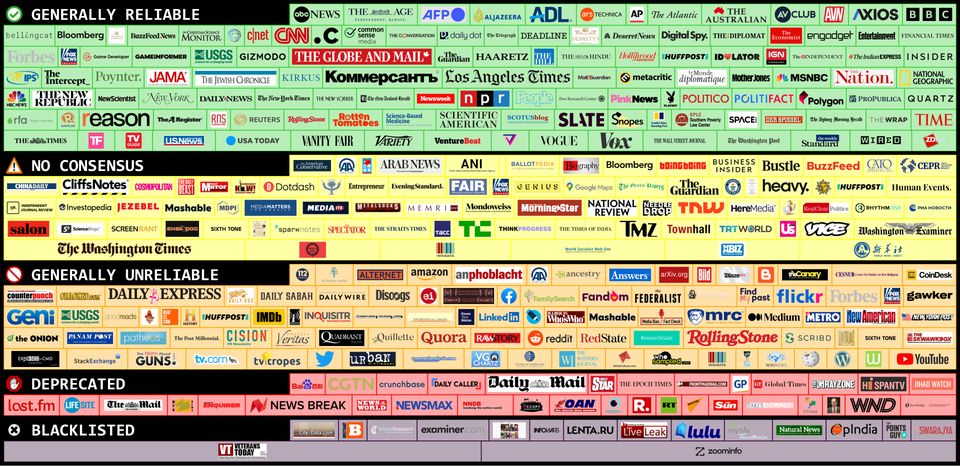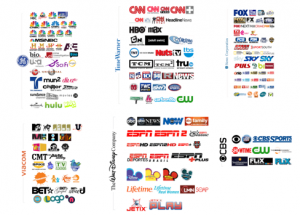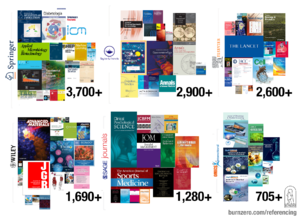Referencing: Difference between revisions
mNo edit summary |
mNo edit summary |
||
| Line 4: | Line 4: | ||
However, the word ''reliable'' simply implies sources are not making things up | However, the word ''reliable'' simply implies sources are not making things up. Reliability of factual accuracy does not take into account the potential [[Cognitive biases|biases]] of each source or [[framing]] of issues to make it more digestible to specific consumers. So for <u>fact,</u> we need to look at the scientific literature, which should be able to deduct [[framing]] and bias to get at the root of an issue. | ||
=== Scientific Bias === | === Scientific Bias === | ||
[[File:Journal oligopoly.png|alt=Journal oligopoly|thumb|'''Figure 3'''. Oligopoly of Scientific Journals.]] | [[File:Journal oligopoly.png|alt=Journal oligopoly|thumb|'''Figure 3'''. Oligopoly of Scientific Journals.]] | ||
Unfortunately, | Unfortunately, although scientist try to remove bias, it is never perfect. This is mainly because the majority of independent scientists publish scientific papers via journals. The majority of these journals are owned by a few private corporations (See '''Figure 3''') which can reject or accept the articles based upon their own interests. This maybe the root cause of something called the [[Replication Crisis|replication crisis]], which is the fact that the majority of scientific findings published in journals cannot be reproduced by another scientist. | ||
So whilst the scientific information may be more rigorous than popular media, it is still subject to bias. To overcome this BurnZero has adapted a [[critical analysis]] weighting system which give preference to sources which are thought to contain less bias relative to others. | So whilst the scientific information may be more rigorous than popular media, it is still subject to bias. To overcome this BurnZero has adapted a [[critical analysis]] weighting system which give preference to sources which are thought to contain less bias relative to others. | ||
Revision as of 00:50, 1 August 2023
Historically information was scarce, but now, due to the internet information is in overabundance and it's difficult to know what to trust. Wikipedia has tried to combat this issue, by listing which sources are most reliable and excluding those which prefer clicks over fact:
However, the word reliable simply implies sources are not making things up. Reliability of factual accuracy does not take into account the potential biases of each source or framing of issues to make it more digestible to specific consumers. So for fact, we need to look at the scientific literature, which should be able to deduct framing and bias to get at the root of an issue.
Scientific Bias
Unfortunately, although scientist try to remove bias, it is never perfect. This is mainly because the majority of independent scientists publish scientific papers via journals. The majority of these journals are owned by a few private corporations (See Figure 3) which can reject or accept the articles based upon their own interests. This maybe the root cause of something called the replication crisis, which is the fact that the majority of scientific findings published in journals cannot be reproduced by another scientist.
So whilst the scientific information may be more rigorous than popular media, it is still subject to bias. To overcome this BurnZero has adapted a critical analysis weighting system which give preference to sources which are thought to contain less bias relative to others.


